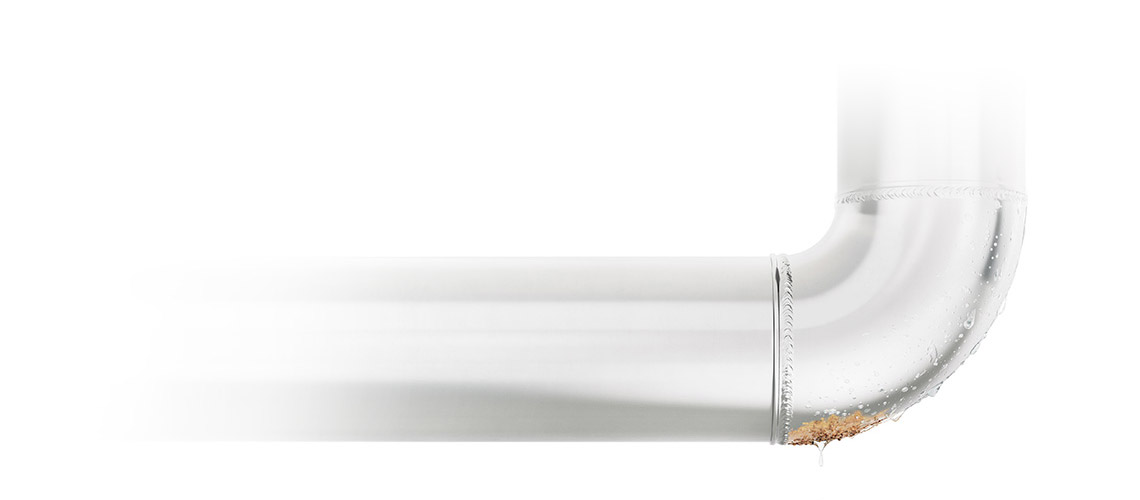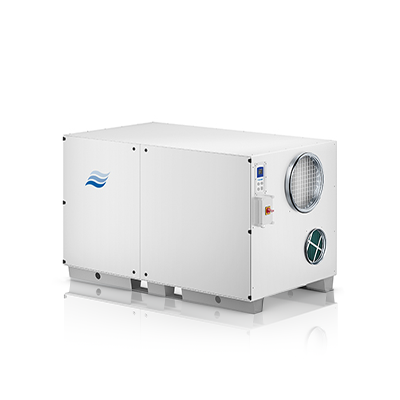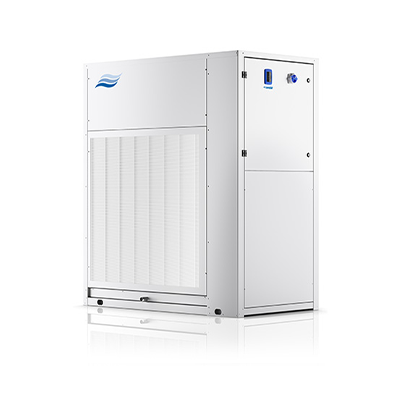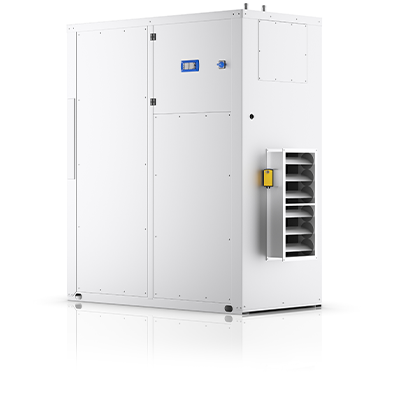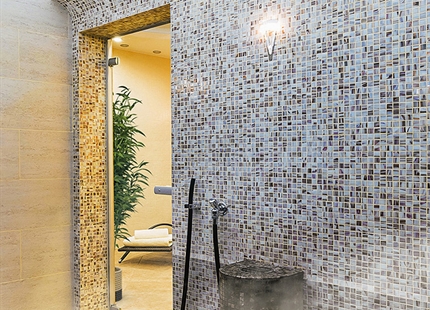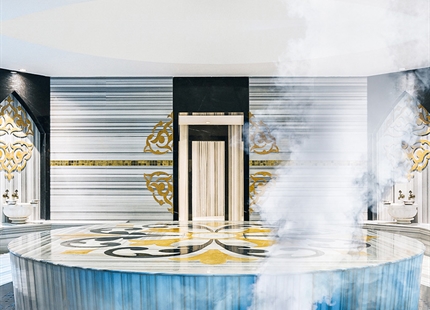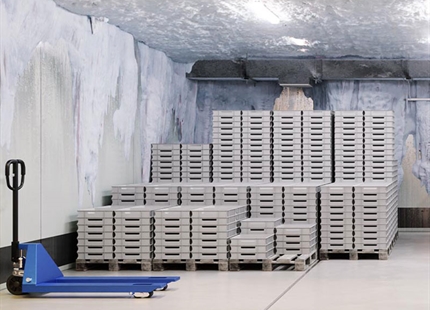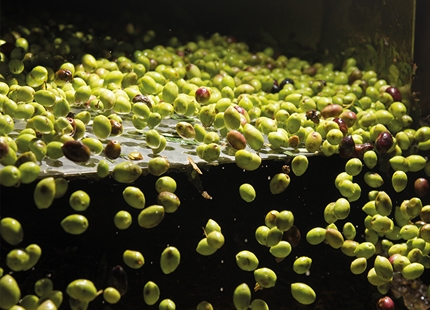Air Dehumidification in the Beverage Industry
Efficiently controlling humidity throughout the production and storage process environment offers companies in the beverage industry clear added value. It allows them to optimise their production conditions while also supporting them in keeping their costs and efforts in the area of heat and energy consumption as lean as possible. The use of highly effective dehumidification systems offers a whole range of benefits. In many cases, for example, the installation of cooling or ventilation systems can be eliminated — with the corresponding cost benefits this brings. Other plus points: avoiding condensation and corrosion in the area of building structures and production facilities, as well as reliable labelling of bottles and containers. And, of course, the issue of hygiene: controlled humidity prevents the growth of mould or harmful bacterial cultures!

Preventing Fungal Growth and Bacteria
Keeping Malt and Barley Free from Mould
In the beverage industry, especially in the production of alcoholic beverages, compliance with specific purity regulations is particularly important. The potential formation of mould or fungus in the production and storage process environment not only constitutes an infringement on existing hygiene regulations, it also has a direct impact on the taste quality. This is why beer brewers in particular are keen to use effective dehumidification systems that protect them from the potential consequences of excessive humidity. The considerable amounts of steam generated during beer production settle primarily on the surfaces of open containers. It is therefore particularly important here to protect raw materials such as malt, barley or seasonings against penetrating rot and mould.
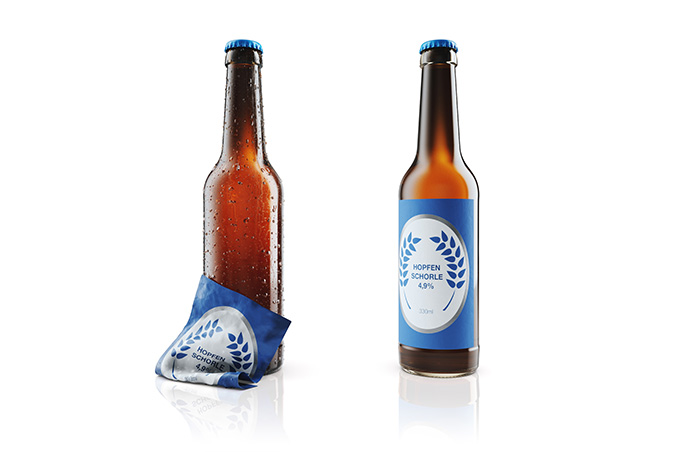
Labels Peeling Off
When bottles are labelled in the course of beverage bottling or refilling, excessive humidity in the vicinity of the production and bottling systems can damage the labelling of the filled bottles to such an extent that they ultimately cannot be put on sale. The problem: The excessively humid air always condenses on glass or plastic surfaces. The condensation that is formed has a disastrous effect on labelling in particular. Because the containers are not dry enough at high humidity, the glue that is used to stick the printed labels to the bottles cannot adhere sufficiently to the surfaces.
Corrosion on Pipes
and Brewing Cylinders
Merely due to the extensive surfaces they form, pipelines and fittings quickly become coated in condensation — all the more so at lower temperatures. This can have far-reaching consequences — and therefore prove costly. Over time, the ongoing exposure to humidity causes rust to form in the affected areas. Worse still: Depending on where the piping systems are set up, the condensed water can also drip into the production or storage containers below and cause considerable damage there, contingent on the role of the system elements in the production process. The use of dehumidification systems based on current adsorption technology guards against condensation, corrosion and mould formation and thus prevents permanent damage to products and production facilities.

Because professional planning is the basis for functional quality and energy efficiency, we are happy to assist you with your project right from the planning phase.
Steam bath and steam shower
Nowadays, many hotels and health clubs offer spa facilities for the well-being of their guests and members:
A swimming pool, a sauna and more and mor...
Hammam, Caldarium and Rhassoul
A hamam is a steam bath in which a special bathing ceremony is held,
and is an important part of Islamic bathing and physical culture.
The focus is...
Archives
The preservation, provision and safeguarding of manuscripts, books, graphics, pictures, documents and other works of art and culture are the most imp...
Cold storage
When storing foodstuffs such as meat and sausage products, dairy products, pasta and frozen foods, an optimum ratio between the suitable indoor tempe...
Conveyor technology
Regardless of the industry, high conversion speeds, optimum coordination between the individual elements and, above all, reliable functionality are e...
Confectionery
It is in the nature of things (based on physics) that the production, processing and storage process of confectionery primarily depends on the contin...
Food Industry
Consistent air dehumidification has become an indispensable part of the entire process environment in food production, drying and storage.
Drying sys...
Chemical industry
Whether it is a matter of binding raw materials together permanently, pulverising liquids or preventing potential side effects of reactions in applic...
Call Centers
A good room air humidity in a call center not only ensures the employees’ well-being, but also their performance and health. Today, respiratory illne...
Office Rooms
Employees must feel comfortable as they work. Motivation, efficiency, and health can be improved through contemporary design of the workplace. The ri...


